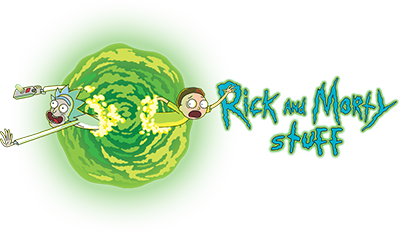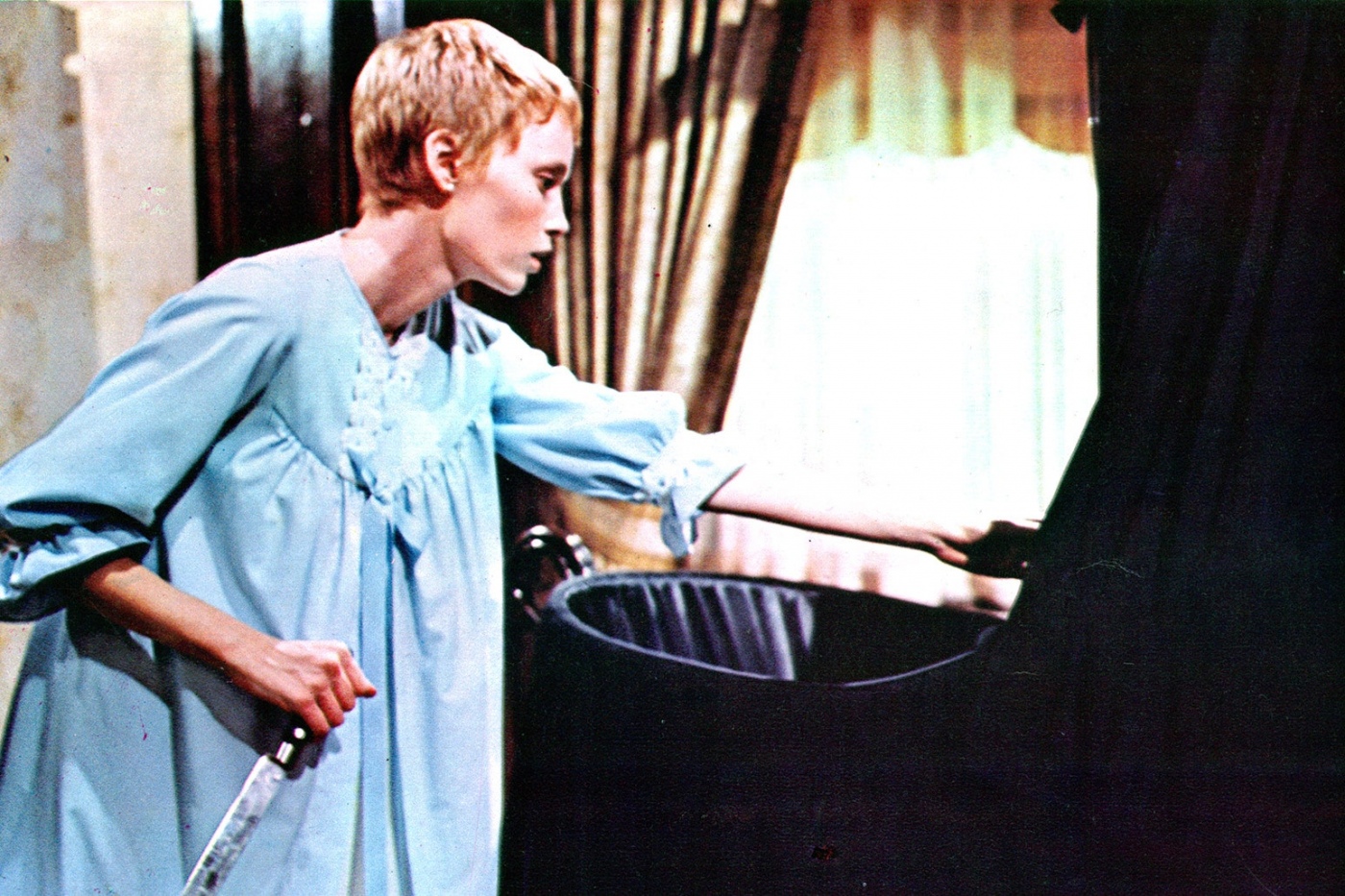Polanski’s 1968 classic, “Rosemary’s Baby,” is a haunting exploration of paranoia, manipulation, and the insidious effects of evil within seemingly normal settings. The film portrays Rosemary Woodhouse, played by Mia Farrow, as she navigates the treacherous waters of her new life in a Gothic apartment building filled with strange inhabitants. Through psychological manipulation, Rosemary’s world transforms from a hopeful dream of motherhood into a nightmarish reality that reflects broader themes of control, distrust, and societal pressure.
Psychological Manipulation in a Domestic Sphere
One of the most powerful elements of “Rosemary’s Baby” is Polanski’s depiction of psychological manipulation particularly in a domestic context. Rosemary initially believes she can trust her husband, Guy, played by John Cassavetes, who is initially supportive of her throughout her pregnancy. However, as the narrative unfolds, it becomes evident that Guy is not the ally he appears to be. He is embroiled in an opportunistic deal with their enigmatic neighbors, feeling more pressured by his career aspirations than by the well-being of his wife. This manipulation leads Rosemary to question not only her husband’s loyalty but also her own reality, establishing a deeply disturbing narrative about trust and betrayal.
The Paranoia that Consumes Rosemary
As Rosemary begins to sense that something is off—whether it’s the eerie late-night visits from her neighbors or the strange rituals surrounding her pregnancy—her paranoia only intensifies. This psychological spiral is skillfully portrayed in the film, as she oscillates between anxiety and the desperate hope that everything will be okay. Images of her increasingly unhealthy state reflect a mind consumed by fear and doubt, making audiences acutely aware of how paranoia can distort perception. Indeed, Polanski invites viewers to delve into Rosemary’s psyche, forcing them to experience the claustrophobia of her isolation and the formidable weight of her growing mistrust.
The Role of Rosemary’s Baby Merch in Cultural Reception
Interestingly, the film’s cultural impact has extended beyond its initial release, evolving into a cult classic that continues to inspire “Rosemary’s Baby Merch.” Items like posters, collectibles, and t-shirts serve as intriguing reminders of the film’s legacy while simultaneously reflecting its themes of control and commodification. The very act of selling and buying merchandise highlights a fascinating paradox; while Rosemary becomes trapped in a world where her autonomy is stripped away, the film’s fans are free to engage with the narrative and its psychological implications in various tangible forms. It sets the stage for discussion about the line between appreciation and appropriation, as well as how cultural memories are shaped through consumer products.
Legacy of Fear and Empowerment
The manipulative forces at play in “Rosemary’s Baby” leave a lasting impact on viewers, raising questions about the power dynamics present in relationships, societal expectations, and personal autonomy. As Rosemary’s paranoia escalates, her transformation from a hopeful mother-to-be to a woman fighting for her survival resonates with anyone who has experienced feelings of helplessness or anxiety. Yet, the film remains a cautionary tale about the dangers of blind trust and conformity, showcasing how external pressures can lead individuals to deny their instincts. In this sense, “Rosemary’s Baby” transcends genre limitations, evolving into a timeless meditation on the universal human experience of fear and the struggle for empowerment.

